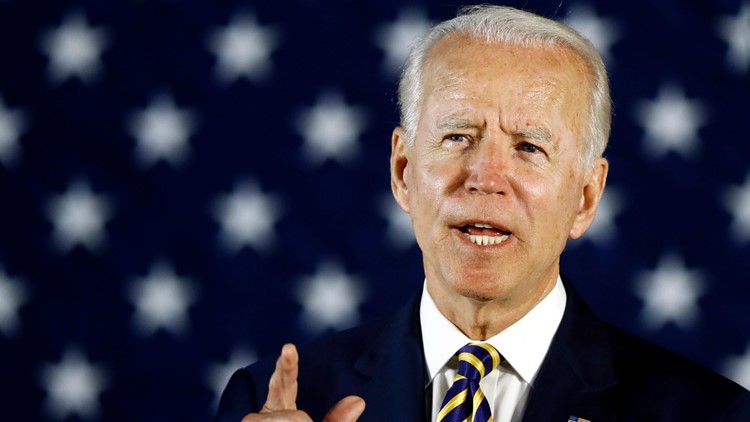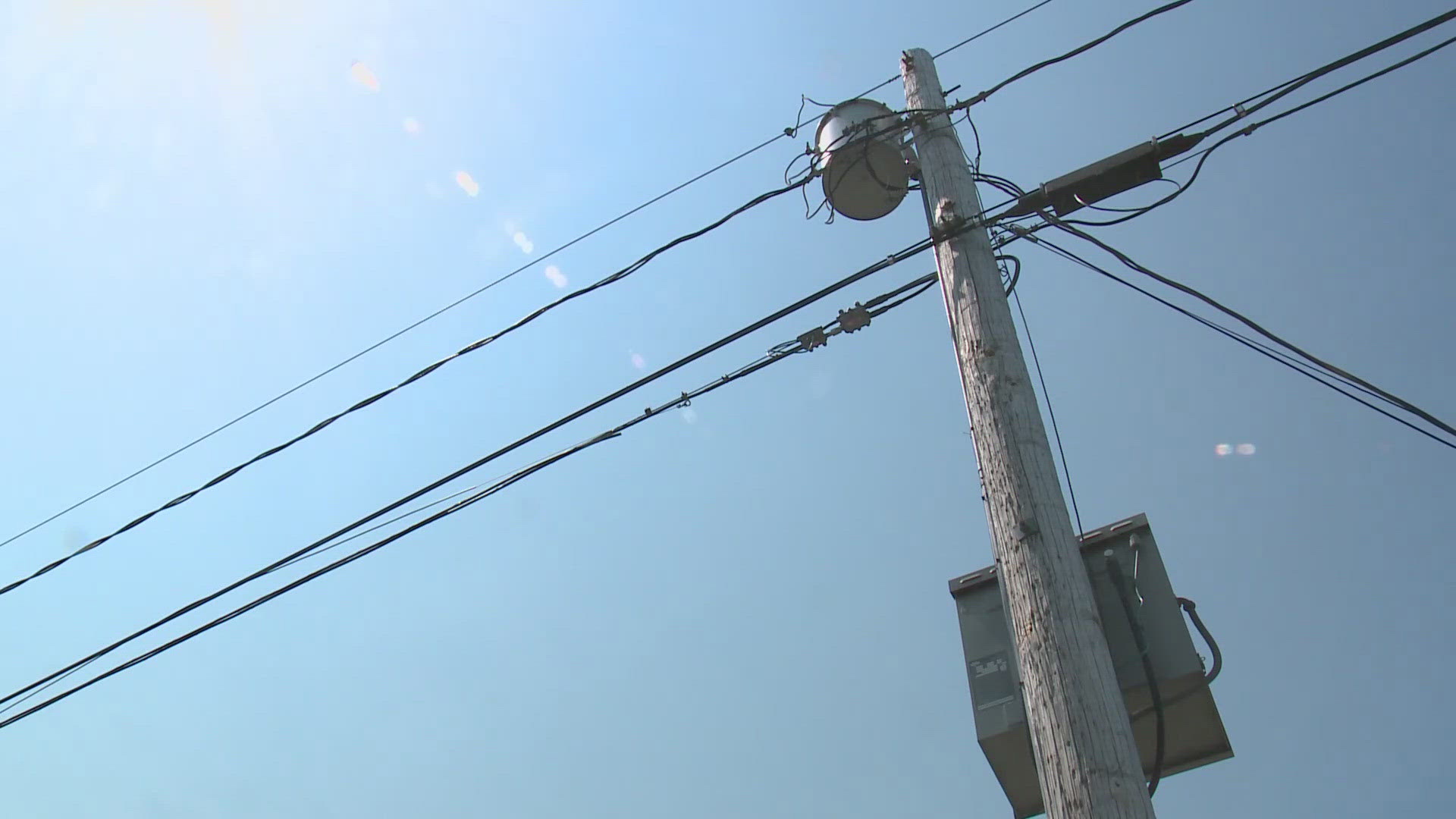WOODSTOCK, N.H. — President Joe Biden will visit Woodstock, New Hampshire, on Tuesday.
According to a release from the White House, Biden will be there to promote his new $1 trillion infrastructure deal.
The White House did not provide further information on the visit. Officials will likely release more details in the coming days.
The president took a victory lap Saturday after his infrastructure bill cleared the Congress, notching a hard-fought win on a $1.2 trillion piece of legislation that he says will tangibly improve Americans' lives in the months and years to come.
The president called it "a once-in-a-generation investment" to tackle a range of challenges: crumbling roads and bridges, gaps in access to affordable internet, water tainted by lead pipes, homes, and cities ill-prepared to cope with increasingly frequent extreme weather conditions.
The White House is planning an aggressive sales campaign for the infrastructure bill, with Biden planning trips across the U.S., including New Hampshire, to speak about the impacts of the legislation.
The Biden administration is also deploying the heads of the Transportation, Energy, Interior and Commerce departments, as well as the Environmental Protection Agency administrator and top White House aides to speak about the bill on national and local media and African American and Spanish-language press. And they're putting out explainers across the departments' digital platforms to help Americans better understand what's in the bill.
But even as White House officials speak about what's in the bill, they'll also have to ensure the money gets spent. It's a challenge with which Biden is intimately familiar, having overseen the implementation of the 2009 stimulus as vice president. Then, despite promises to prioritize "shovel-ready projects," challenges with permitting and other issues led to delays, prompting Obama to joke in 2011 that "shovel-ready was not as shovel-ready as we expected."
Democrats felt at the time that the party didn't do enough to remind Americans how they had improved their lives, and ultimately allowed Republicans to frame the election conversation around government overreach. The next year, Democrats faced massive losses in the midterm elections, losing control of the House and a handful of seats in the Senate.
RELATED: Biden asks Americans to be patient, says infrastructure bill can fix inflation, supply chain
Biden, for his part, insisted Saturday that Americans could start to see the effects of the infrastructure bill in as little as two to three months. Transportation Secretary Pete Buttigieg made the rounds promising that some projects are just waiting for funding, but others, like investments in new electric vehicle chargers and efforts to reconnect communities divided by highways, will take longer. In contrast to the 2009 stimulus, Buttigieg told NPR, Biden's infrastructure bill is "about both the short-term and the long-term."
"There will be work immediately, and for years to come," he said.
While he's selling the infrastructure bill as evidence that Democrats can deliver, Biden still will have to contend with ongoing dickering on the other big item on his agenda — the social spending bill.
Unlike the infrastructure bill, which passed with the support of 19 Republicans in the Senate, the social spending package is facing unified GOP opposition, which means Biden will need every Democratic vote in the Senate to get it across the finish line. With the party's moderate and progressive factions squabbling over the details of the final bill, and two centrist holdouts — Sen. Joe Manchin of West Virginia and Kyrsten Sinema of Arizona — opposed to many key progressive priorities, winning final passage of the second part of his agenda may be a much tougher puzzle to solve.
"Everybody agreed on infrastructure. You can always agree on whether or not [to] build the roads and the bridges and create the water and sewage that you need and fix your rail and your ports," said Rep. Jim Clyburn, D-S.C., on "Fox News Sunday."
"But it's something else again when you start getting into new stuff," Clyburn said.
More NEWS CENTER Maine Stories



